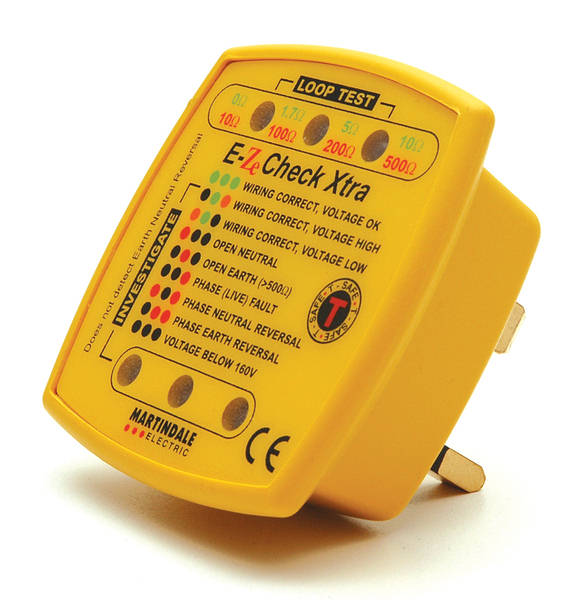It's not a question of "my now saying something". The OP, whose name is "Livesgas" askedIn response to your later questions in which you for some reason extend it to include changing a lamp bulb - I asked the question about where do you think the electricians responsibility ends - but you are now saying he is probably not an electrician.
... which I took to indicate that he probably was not an electrician. You may disagree."Replace existing combi boiler, connect new flex to existing fused spur or socket. No alteration to existing circuit. Is a minor works cert and part p reg required?
Fair enough - although I would probably struggle to think of ways in which the incorrect wiring of the circuit would result in failure of the boiler's electronics. However, as I asked (because I'm genuinely trying to discover the answer), how far should one take this? For example, many retailers of domestic appliances (like Argos, Currys etc.) offer, for a price, a 'deliver and install' option, even for appliances (plug-in ovens, microwaves etc.) for which the only 'installation' required is to put it in the right place and plug it in to an existing socket (they usually say how close the socket has to be!). When they provide such a service, should they 'test the circuit' before plugging the appliance in?That doesn't make any difference - if the person who connects the boiler to the power supply hasn't tested that supply first then more fool him - because he will be the one who ends up paying for a new boiler board if the circuit has been wired incorrectly.
Kind Regards, John



